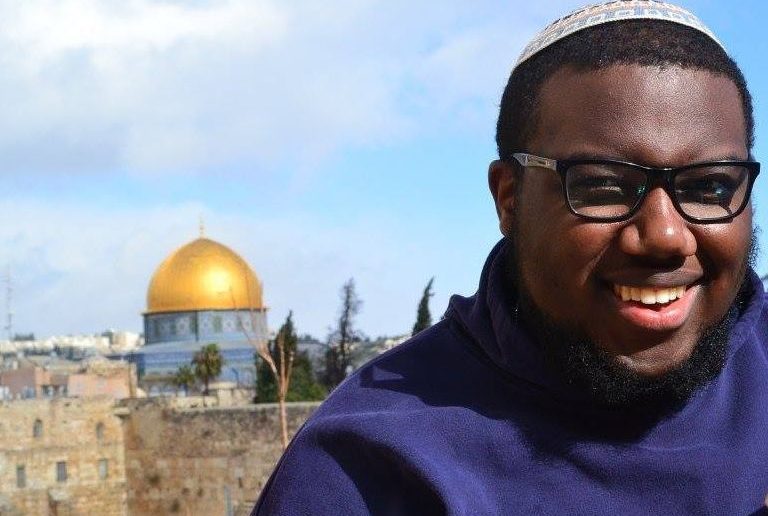“I feel uncomfortable letting anyone know I am a Jew at this school. I sometimes fear that by wearing my Star of David around my neck, someone will assault me, verbally or physically, because I support Israel. A social movement should unite people, not place people in fear.”
I wrote this eight years ago as part of my speech addressing the Scarborough Campus Student Union (SCSU) at the University of Toronto at Scarborough, pleading that it not pass a motion in support of the boycott, divestment, and sanctions movement.
One student executive told me she was afraid to vote against the motion. The SCSU ended up passing it with great fanfare.
Even later, when the SCSU passed a motion affirming its support for Israel Apartheid Week, I still was unprepared for how far its members would go on Nov. 24, 2021, when they broadened their support for the BDS movement and took out language that would have supported Jewish students’ academic freedom.
Of course, when the student union endorsed BDS in 2013, there were moments of great concern. When I planned to host a Holocaust survivor on campus, the then vice-president equity was supportive of the event. She and I met weekly to discuss it.
However, when it was time to contact a survivor, to my surprise she already made her choice. Without consulting me she had contacted one of the only survivors who identify as anti-Israel.
Once I refused to agree with that decision, she pulled the SCSU out of the event.
Soon enough, the SCSU fulfilled its obligations in supporting BDS and launched a boycott policy on products made in Israel. This quickly created a toxic environment. But as Tevye the Milkman would say, “There are others in our village. They make a much bigger circle. We don’t bother them, and so far, they don’t bother us.”
Perhaps this mentality prevented me from seeing the clear and present danger that was yet to come.
In 2015, for the Jewish holiday of Tu b’Shevat, Hillel hosted a seemingly innocuous event about Israel’s environment. Shortly after promotional materials were distributed on campus, they were all defaced with the message “Stop greenwashing Israeli apartheid.”
In response to our objections, the SCSU met with representatives from the university’s Students for Justice in Palestine (SJP) chapter. Jewish students were not invited to join that conversation.
There was also the time a Jewish friend of mine was chased out of a classroom as discriminatory slurs were hurled her way during a SJP event. The next day we met with the then SCSU vice-president equity.
Rather than listen to our concerns, less than 24 hours after my friend experienced this traumatizing antisemitic attack, the member of the student executive told us she was not going to investigate because “there are people dying in Palestine.”
She also told us that our complaint was “invalid” because she didn’t witness the incident firsthand. I believe this would not have happened to any other minority group.
When the Jewish Student Life campus club at UTSC held a memorial for the victims of the synagogue massacre in Pittsburgh, in 2018, it was apparent the SCSU could hardly care, especially since they had double-booked the room we scheduled. Instead of allowing us to use the room, they let a much smaller group of students use it instead. They sent us, some 25 students, to a small office that stored SCSU materials.
As an alumnus of this campus, my heart breaks for the Jewish students at UTSC. Like me, they will probably leave with negative opinions of this campus and that is not fair. I am proud that as a new staff member with Hasbara Fellowships Canada, I will now have the opportunity to work with Jewish students against antisemitism on campus. It is my hope that I will be able to help students facing discrimination and educate others about the perils of antisemitism.
Tyler Samuels is the social media co-ordinator with Hasbara Fellowships Canada.
HEAR more from Tyler on Bonjour Chai







